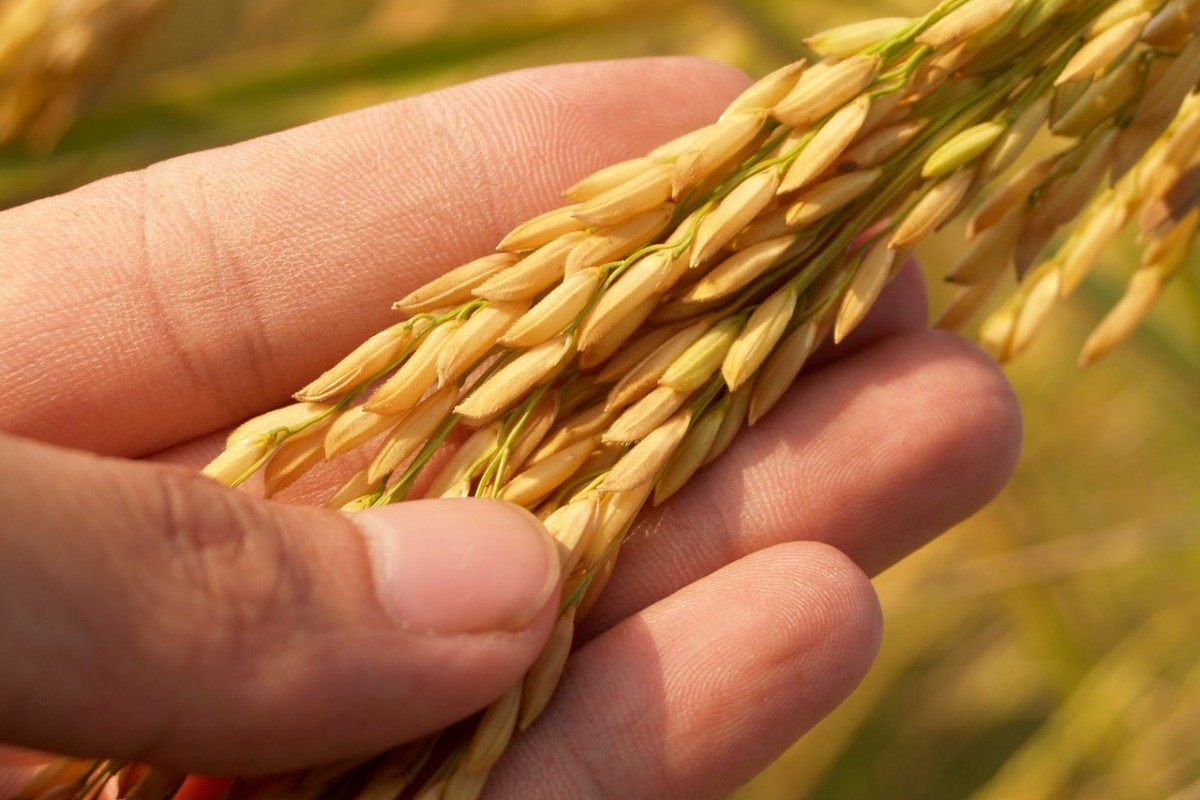- From THC to CBD, cannabis contains over eighty cannabinoids that have different effects on the body.
- CBD’s interaction with the endocannabinoid system heightens the senses, but it also alters the way we perceive the environment.
- Out of the five senses, hearing is the least affected, although improved concentration can create a feeling of enhanced hearing ability.

A sense can be defined as a receptor that allows us to sense the world around us. While there are five traditionally recognised senses, recent studies suggest there could be more. These are vital to our everyday life, as even in the most simple action, i.e. seeing traffic light colours, listening to a phone call, smelling a perfume or tasting a pizza, there is at least one sense involved.
We all know that cannabis interacts with the body, meaning it can also alter the senses, which is precisely what many users expect from a joint. Here's a look at how cannabis may affect your five senses.
The link between touch and pain
Pain is a warning that something is wrong in the body, and touch is closely linked to the feeling of pain. This is because the skin around the body contains receptors of both phenomena, many of which are connected to one another.

In this sense, cannabis can help with easing the pain caused by the stimulation of these receptors. An MRI brain imaging study carried out by the University of Oxford, for instance, found that THC can reduce pain in people with burns. The researchers reported that rather than improving the burns, the substance acts on the way pain is perceived by the brain. This could be explained by the similarities between THC and anandamide, an endogenous cannabinoid that interacts with CB1 neurotransmitters.
More recent studies are showing that also CBD may have a pain-relieving effect. In fact, its anti-inflammatory properties can help reduce the pain of a number of conditions, such as some severe cases of acne that cause painful inflammation.
An enhanced olfactory experience
The sense of smell, too, can be affected by cannabis use. At least this is what studies like the one conducted by the University of Bordeaux have shown. The researchers exposed a group of mice to the smell of banana and almond oil as part of a test of sensitivity to scent, finding that mice that had been administered with THC showed much more interest in the smell of the products, as well as an increased appetite.
The second phase of the study involved genetically modified mice whose olfactory bulbs had been deprived of the CB1 receptors. The researchers subjected them to the same experiment and found that these mice showed no interest whatsoever in the smell of the food, not even after being administered with THC, which triggered no brain activity in the region associated with the sense of smell. The study concluded that THC enhances sensitivity to scents by mimicking the sensations we feel when we are hungry, which could in turn explain why smoking cannabis gives us the munchies.
Night vision
They say that the eyes are the windows to the soul - and that may well be the case - but what is certain is that there's no better way to figure out whether someone is under the influence of cannabis than looking them in the eye. The typical red eyes associated to cannabis are caused by the effect of THC. This acts as a vasodilator reducing blood pressure and dilating blood vessels, which in turn increase blood flow into the area, causing the reddening of the eyes. Similarly, the pupils dilate and allow more light in, making colours look brighter. This increased flood of blow is also the reason why cannabis is a useful treatment for glaucoma, a degenerative disease caused by an increased pressure in the eye.
Another positive effect of cannabis is that it improves night vision. A 1991 study noted that a group of Jamaican fishermen who ingested a cannabis-based alcoholic drink were able to move around comfortably at night without the aid of any artificial light. Subsequently, a study by the universities of Granada and Tetouan noted a similar effect in a group of Moroccan fishermen. Apparently, the reason is that cannabis regulates levels of A vitamin, which besides improving vision in low light conditions, helps prevent macular degeneration and cataracts.
A different flavour
It is common knowledge that cannabis increases the appetite. This is because the plant stimulates the production of ghrelin, also known as the 'hunger hormone'. This is produced and released mainly by the stomach, but also by the small bowel, the pancreas and the brain, and is responsible for creating the unpleasant feeling that tells us we're hungry.
But that's not all, as ghrelin can also alter taste, making food become more enticing. The study by the University of Bordeaux mentioned previously found that, just like smell, THC enhances the sense of taste, so that the flavour of food and drinks is perceived more intensely. This is hardly surprising considering that taste and smell are complementary senses that act synergistically in order to allow the brain recognise complex flavours.
Focused hearing
In 1976, an audiology study was carried out to clarify whether there was a negative correlation between cannabis use and hearing. The research involved 30 participants, half of whom smoked cannabis, and half a placebo. A comparison of the scores of the auditory tests before and after smoking did not show significant changes in the hearing capacity of any of the groups, with the study concluding that cannabis does not affect hearing either positively or negatively.

Despite this, some people claim they can hear better after smoking or ingesting cannabis. This, however, is not due to heightened hearing, but to the fact that certain compounds in cannabis including CBD improve the ability to focus. Additionally, cannabis stimulates the production of dopamine, a neurotransmitter that helps in the transmission of signals in the brain.
In view of the above, it is safe to say that cannabis does affect the five senses, even if to varying degrees. Seeing better at night, feeling less pain, hearing more clearly and perceiving flavours and aromas differently are just some of the "superpowers" that come with a joint. Bear in mind, however, that you yourself are not a superhero, so remember to enjoy cannabis responsibly at all times.




Comments from our readers
There are no comments yet. Would you like to be the first?
Leave a comment!Did you like this post?
Your opinion about our seeds is very important to us and can help other users a lot (your email address won't be made public).